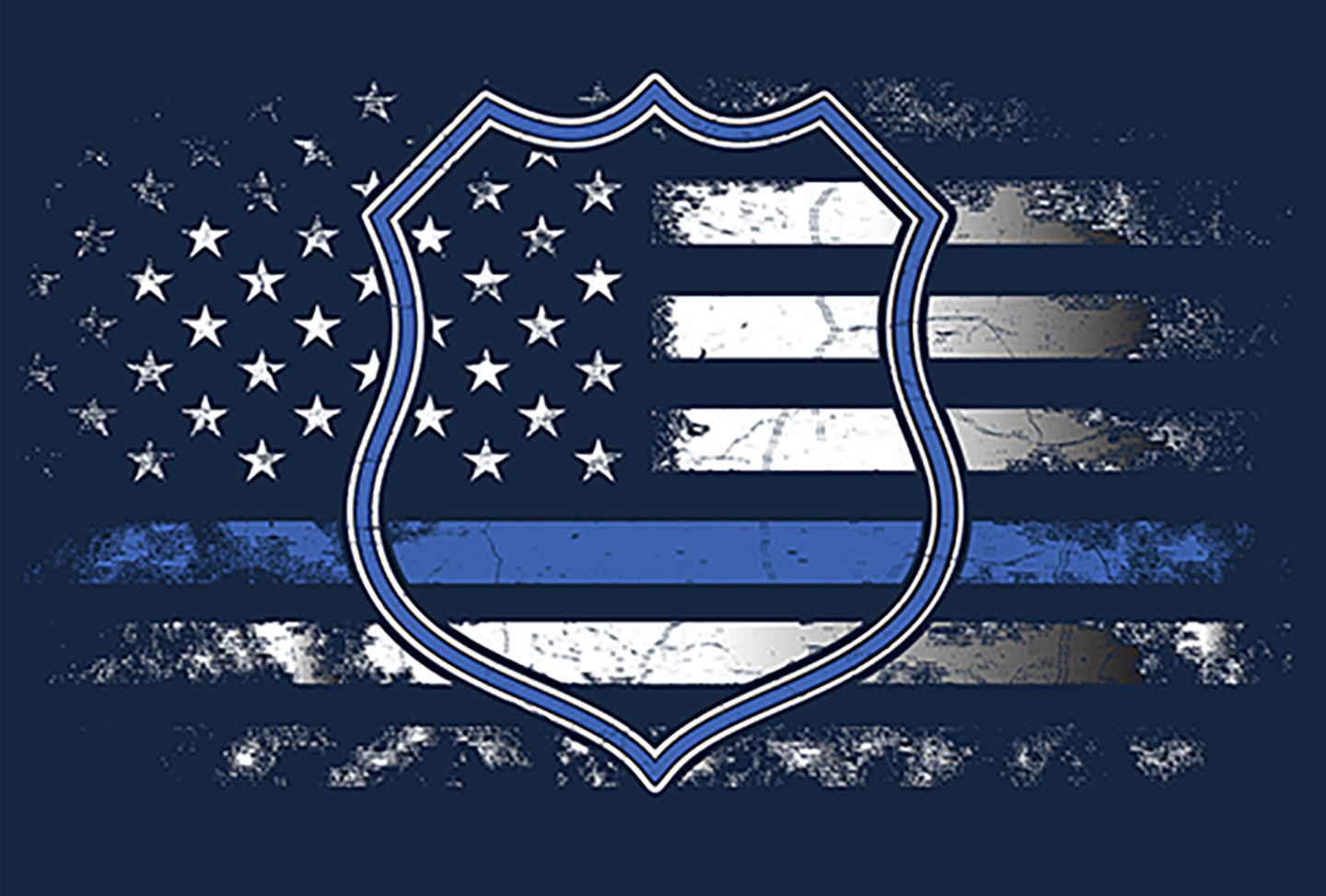On this episode of the First Response Podcast with Bob Plaschke, Chief Scott Hughes lays out the human side of hypervigilance, the constant scanning for threats that doesn’t turn off at dinner or on vacation. That vigilance protects the public, yet it also carries a physiological cost: elevated stress, cortisol, and the wear of never fully relaxing. This tension frames the conversation—officers live in the unknown while being judged by those who see only the edited aftermath. Understanding that baseline explains why they choose seats facing doors and favor clear exits, because their job demands readiness even in off-hours.
Chief Hughes argues for a major-league training model: daily fundamentals, film, scenario reps, and conditioning, the kind baseball players use to make error-free moments feel routine. Expecting error-free performance from officers without funding time, backfill, and coaching is a mismatch that sets everyone up for disappointment and risk.
Use of force is often misunderstood because people see the worst five seconds without context, says Hughes. Tools like PepperBall and TASERs help, but nothing works every time and force never looks clean on a chaotic street; the only place it looks tidy is on mats in training rooms. Expecting cinematic clarity from bodycam angles misses the reality of noise, crowds, and unknowns.
Progress is possible, but it requires a cultural shift. Fund daily fundamentals like scenario work and communications under stress. Build teams that pair officers with clinicians and create alternatives for non-criminal crises. Measure what matters: calm resolutions, lawful outcomes, and community trust. And explain the why behind tactics to the public, often and plainly. Hughes keeps faith in the work, calling policing the hardest job in America and still the greatest when done with purpose. If communities want fewer errors and safer outcomes, they must invest in practice, clarity, and shared responsibility from the first moment an officer walks through the door, Hughes concludes.





